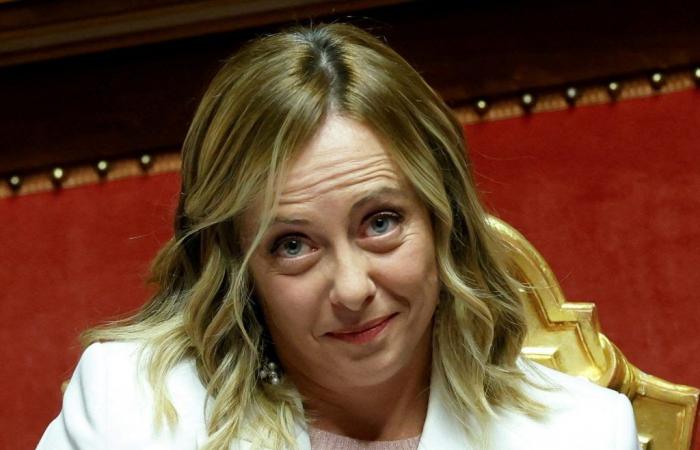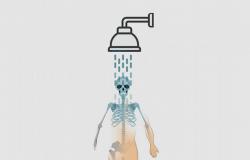The Italian Senate took the first step this Tuesday to approve a law that will allow the direct election of future prime ministers in the elections, a constitutional reform defended by the government of the prime minister, the far-right Giorgia Meloni, but highly criticized by the opposition.
The Senate approved the bill 109 votes in favor, 77 against and one abstention and will now go to the Chamber of Deputies for a second reading.
Meloni immediately welcomed the result of the vote: “It is a first step forward to strengthen democracygive stability to our Institutions, put an end to palace games and return to citizens the right to choose who will govern them,” he wrote on his social networks.
The Senate vote was the first step in a long legislative process, since it is a reform of the Constitution and, therefore, the bill must be voted on twice in each of the two aforementioned parliamentary seats with a distance of at least three months.
If at the end of this intricate procedure, the bill has not been approved by two thirds of parliamentarians or if a fifth of the members of one of the Chambers request it, it will have to be confirmed with a referendum, something that will most likely happen and that Meloni herself hopes.
The text introduces what is known as the “premierato”, that is, it imposes the election of the figure of the prime minister in the elections and introduces the maximum of two 5-year terms in office.
To date, Italians vote for political parties or their coalitions and it is these that, according to their results, they support a candidate for prime minister before the president of the Republicwho are often personalities who have not attended the polls.
The defenders of this reform argue the need to avoid other governments chaired by technicians, such as those of Mario Monti in 2011, in the crisis, or that of the economist Mario Draghi in the pandemic, and also seek greater political stability in a country that has accumulated 68 Executives in just over seven decades of democracy.
Detractors predict a reduction of the constitutional prerogatives of the president of the Republic and greater power of the prime minister and his Council of Ministers.
The leader of the senators of the Democratic Party (PD, social democrat), Francesco Boccia, warned from his seat that, if the reform succeeds, “Italy will leave behind the primacy of Parliament to give it to the Government” and denounced what he called “power bulimia” of the right-wing government coalition.
From the opposition 5 Star Movement (M5S), its spokesperson, Vittoria Baldini, described the vote as “forcement to the detriment of Parliament.”
Coinciding with the first approval of the “premiere” project, the opposition formations, the PD, the M5S, the Left and the Greens or More Europe have called for a joint protest in the center of Rome.
The representative of the PD in the Constitutional Affairs Commission of the Chamber of Deputies, Simona Bonafè, announced that they will continue with “his firm opposition to this wrong and violent reform of the Constitution” during its processing at that headquarters.






